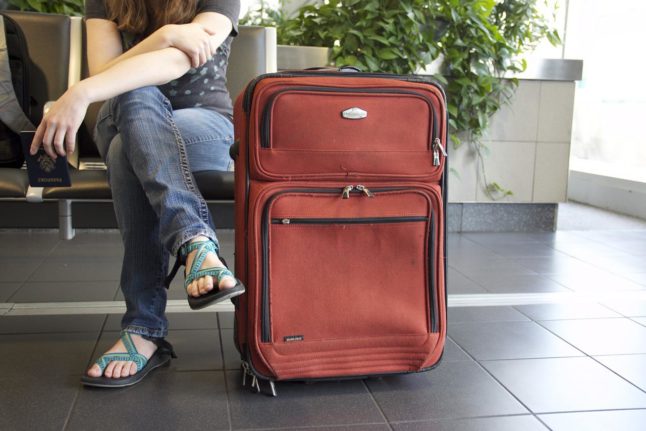There could be a variety of valid reasons why you’d want to bring meds into Switzerland. Perhaps it is because this pharmaceutical hub is nevertheless facing a shortage of some drugs, with the situation “continuously deteriorating since the start of June”, according to Enea Martinelli, chief pharmacist at the FMI hospital group in Bern.
READ MORE: Switzerland faces drugs shortage
Or maybe you are taking prescription medicines and need a supply while here.
Whatever your reason is, there are laws regulating the import of medicinal products by individuals.
According to Switzerland’s drug regulatory agency, Swissmedic, private individuals “may import a month’s supply of medicines into Switzerland for their own use but not for third parties”.
This applies to residents and tourists alike.
This means that you are only allowed to bring medications you will use yourself, (prescribed and not) and not sell them to others.
Compliance with this rule is obviously difficult to monitor, as “a month’s supply” is rather vague; it could mean 30 doses, but some meds may need to be taken twice or three times a day.
Basically, however, this means “no more than patients require for their own treatment needs for a period of one month”, according to Swissmedic.
Also, unless you are selling the imported drugs openly on the internet, there is no way for the authorities to know whether you are giving the meds you brought to a friend or a relative.
Still, it is best to comply with all the rules to avoid problems.
What about vitamins and supplements?
It depends on whether Switzerland considers the products to be dietary supplements or medicinal products — the latter being advertised as treatments for specific medical conditions, such as to relieve pain or lower blood pressure.
These supplements are subject to the same rule as regular medications, that is, a month’s supply.
You can find out whether the supplements you are bringing in are classified as vitamins (on which there is no import limit) or medicinal products by contacting the appropriate service in your canton.
You will have to specify the exact composition of the products and the purpose for which they are intended.
Can I bring cannabis for personal use?
Nice try, but no.
Even though Switzerland has legalised medicinal marijuana from August 1st, you can’t bring your own stash from abroad — and certainly not a month’s supply as is the case for other drugs.
If, however, you are taking doctor-prescribed doses in your own country and have to continue the treatment while in Switzerland, get in touch with cantonal authorities to find out relevant regulations.
The same applies if you are taking the so-called “controlled substances” prescribed by a physician — mainly narcotics or similar drugs that could cause addiction if abused: find out what the rules are for bringing them into Switzerland for personal use.
READ MORE: Switzerland to legalise medicinal cannabis from Monday



 Please whitelist us to continue reading.
Please whitelist us to continue reading.
Member comments